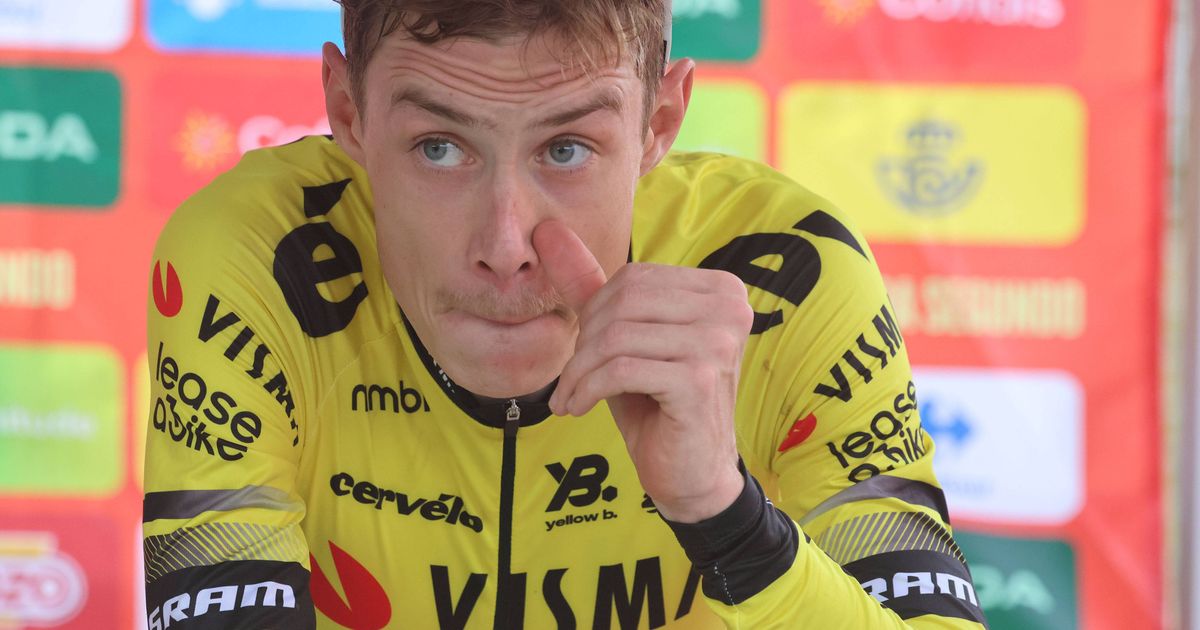Mental health in sports is something that is still to this day rather neglected, and it has been made public that only World Tour team has a full-time psychologist according to Martijn Tusveld, a Dutch rider who has spent many years at the top level. He is currently working to become one, and is surprised at how little the top teams pay attention to this matter.
From 2018 to 2024 Tusveld was part of Team Picnic PostNL, having raced for other teams the previous years always in the Dutch peloton. This year he is one of the several riders at the Tour of Holland who hung up his wheels, part of the BEAT Cycling Club where he found a spot in the peloton after his many years in the World Tour.
“I think I did contribute something, even though I didn’t score any points myself,” Tusveld said in an interview with In de Leiderstrui. “Of course, I wasn’t there last year, but the team has remained almost entirely the same, and I think that’s also a compliment to the support staff: trainers, nutritionists, a sports psychologist, and more.”
In modern cycling there is a big difference between racing at the top of a continental-level team, perhaps less in some aspects, but a difference that is still significant in others. “The difference between the WorldTour and continental teams is that the smaller teams are often not used to riding as a team. Many riders ride more for themselves, while you can progress as a team. That approach is paying off for us”.
The conversation however also focused a lot on the psychology side, something Tusveld believes to be important within the team, and he adds that his time with BEAT saw him prepare for that role in the future, in the sport.
“I’m doing an internship with the team’s sports psychologist, and we’re working together to set up that mental support. I see a future for it, because I notice there’s little attention for it. There’s a lot of focus on personal training and nutrition, but in terms of mental health and personal support, it’s still not that great.”
According to the 32-year old, only one in the top of the sport has someone working full time with this purpose. “In the WorldTour, there’s only one team that employs a full-time sports psychologist. That’s Lidl-Trek, and I know they want to do more with it. There is a demand for that support, but a lot of it is still left outside the teams. But I do think it will get to the point where it comes from within.”
How much difference this can make ultimately depends on a lot of factors, but in an era of ‘marginal gains’, it is surprising that teams with multiple dozen million in budget do not put in more focus on the mental aspect of the sport and the struggles they find. “Take fear of falling: that’s something that’s still quite common, but those kinds of vulnerabilities can’t really be discussed yet”.
“At least riders can talk about it. There’s still a lot to be gained in those areas, but the same applies to team culture, for example. There’s very little attention paid to that right now. Cycling is still conservative in these matters, but I do see that developments are gradually being implemented”.

